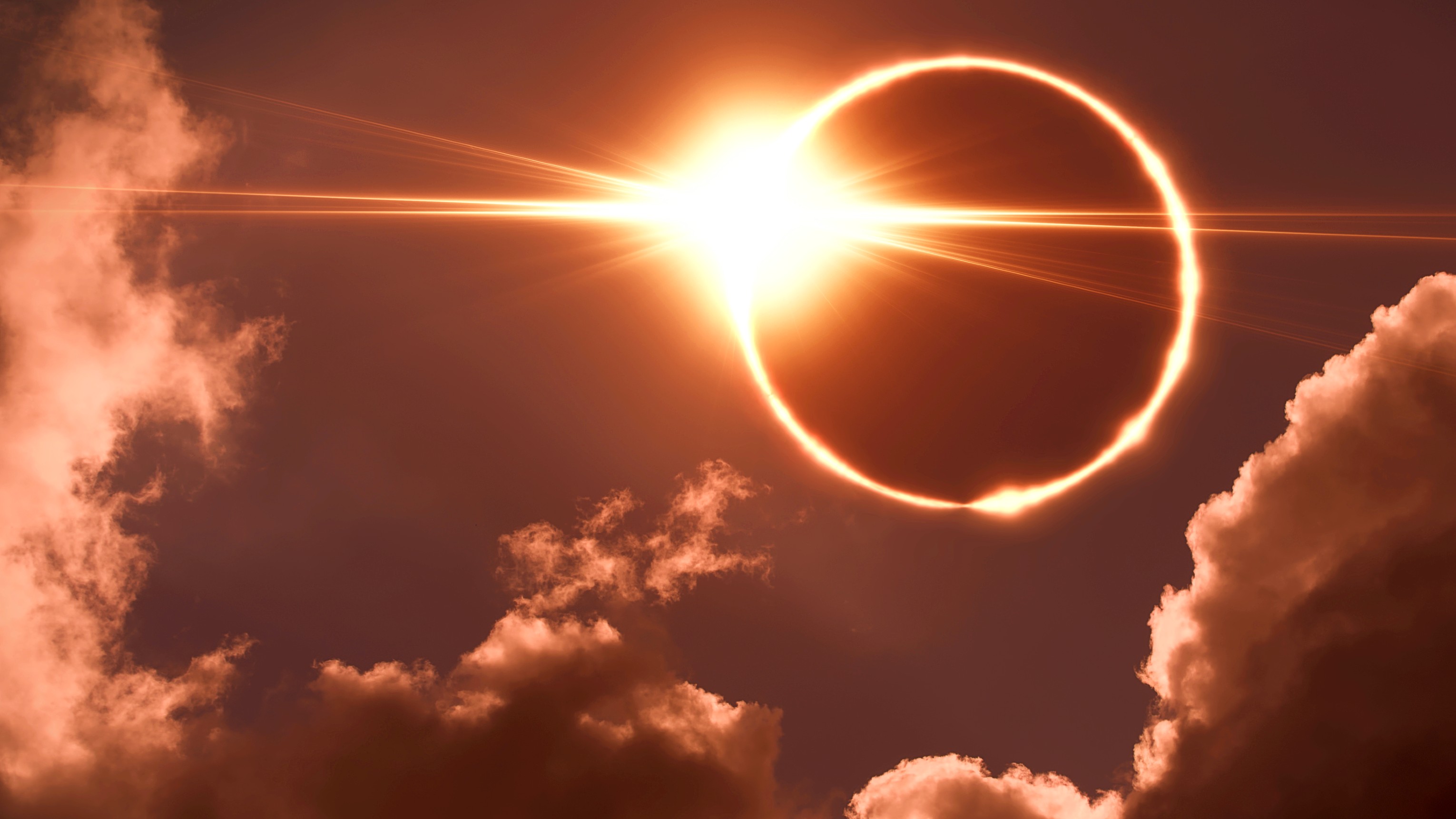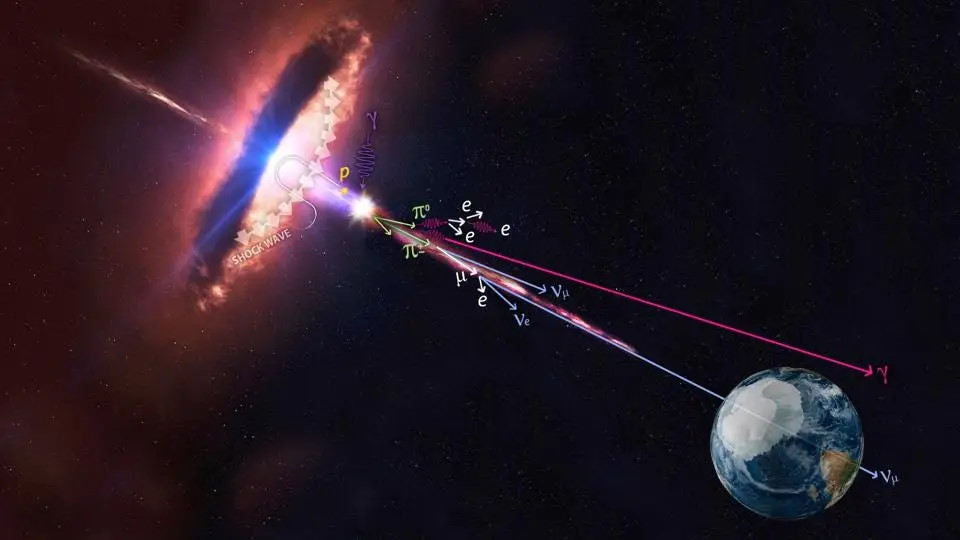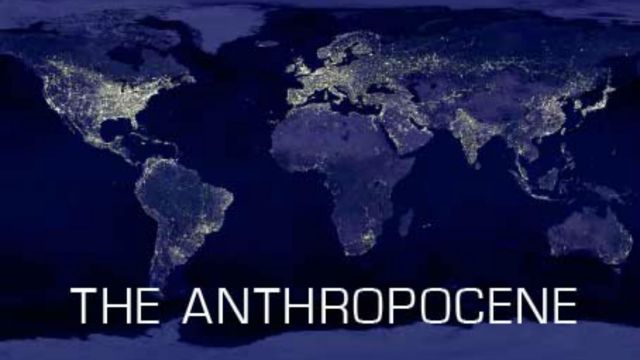Americans Waste A Lot Of Food, But We’re Ready To Change

Everyone from the president to the pope has been talking about the problem of food waste in the United States and other first-world nations. Pacific Standard reports that anywhere from 31 to 40 percent of the nation’s food supply is thrown out. To many, getting rid of a half-eaten loaf of bread that’s gone stale is just a mundane part of life, so there’s little data on the issue, and awareness lags even as public figures speak out.
Roni Neff, of Johns Hopkins University and Center for a Livable Future, says that food waste costs Americans $162 billion annually. She has collected data and proposed solutions that she hopes will address this cost, and allow impoverished individuals access to discarded food that is perfectly edible.
“One of the simplest [solutions] is to change our date-labeling policy,” Neff said. Many shoppers mistakenly confuse sell-by dates for use-by dates, and therefore throw away food that could have been completely safe to eat even weeks later. Additionally, sell-by dates often provide conservative estimates of when products will expire. Food manufacturers want to avoid liability if their customers consume spoiled food, so they mitigate this risk with sell-by dates that do not necessarily reflect an item’s true shelf life.
France recently passed a law that would require food retailers to donate excess inventory to the needy, at risk of criminal prosecution. While this law is well-intentioned and potentially promising, its implementation has been challenging for supermarkets and food banks alike. Another issue with the law is that it only addresses retail waste, even as consumer waste represents a much larger piece of the pie. In the consumer’s home, where criminal measures would be absurd, obtrusive, and unenforceable, Neff says raising awareness can go a long way. Her research on food-waste habits suggests that most Americans underestimate how wasteful they truly are, but also show high levels of concern, and willingness to help. The fact that scientists and researchers are finally turning their attention to the problem is an important first step.
Before we face a food shortage, however, large populations across the globe may face a more serious lack of potable water, as Nestlé CEO Peter Brabeck explains:
Visit Pacific Standard for more.





